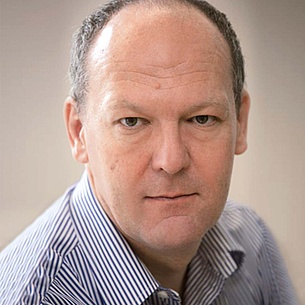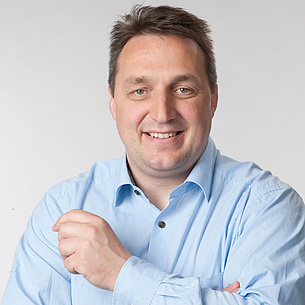- Duration of study: 4 semesters
- ECTS credit points: 120
- Academic degree:
Diplom-Ingenieurin
orDiplom-Ingenieur
(Dipl.Ing. or DI), equivalent to the Master of Science (MSc) - Language of instruction: English
The Master's Programme
In the master’s degree programme Mathematics, you will build on the mathematical competences you acquired in your bachelor’s studies in the subject areas of analysis, algebra, stochastics, numerical mathematics and discrete mathematics.
You will work on mathematical methods and train your mathematical thinking and working skills, e.g. in recognition of structures and relationships, in abstraction and analysis, in deductive, formal and algorithmic thinking.
You will further develop your mathematical problem-solving competence, e.g. in the mathematical modelling of processes in engineering, economics and science, in the appropriate use of computerised support and in critical interpretation of the results.
You can choose from the following specialisation modules:
- Algebra and Number Theory
- Applied mathematics
- Combinatorics and Graph Theory
- Computational Mathematics
- Discrete Optimisation and Complexity
- Actuarial and Financial Mathematics
- Geometry and Analysis
- Mathematics of Data Science
- Modelling and Applications in Engineering
- Statistics
You also have the opportunity to complete courses at a university abroad as part of an ‘International Module’.

Many modern technologies are no longer possible without sophisticated mathematical methods. In the master's programme you reach a mathematical level needed for these applications.
International academic collaboration plays an important role in the master’s programme. Students can participate in the international activities of the institutes. Also, international guest professors regularly present insights into their research.
Contacts with the world of mathematics in business and industry exist for example with companies such as GraWe, AVL or Sappi. The programme includes advanced courses given by external lecturers from such companies. We also support student projects involving collaborations with local businesses.
Admission
The prerequisite for admission is a completed bachelor’s degree in a relevant subject (see curriculum).
Additionally, you need to provide evidence of competence in the English language.
Graduates of the Bachelor's Programme Geosciences at TU Graz or University of Graz are eligible for admission without any further requirements.
Graduates of other bachelor’s degree programmes can contact study@tugraz.at to find out more and apply for admission.
- Admission and deadlines for international students
- Admission and deadlines for Austrian students who are registering to study at TU Graz for the first time
If you have already been admitted to a degree programme at TU Graz, or have studied at TU Graz before, please come to the Registrar's Office in person to complete your admission during the admission period.
Contact study@tugraz.at
Career Prospects

The TU Graz degree programme provided me with several core competencies, such as how to take a fearless approach to my subject and persevere when dealing with complex challenges, as well as a good combination of solid theoretical training and skills for practically applying what I had learned. Plus, it was simply fun.
Mathematicians work in industry, business and science, for example:
- on application of mathematical models in industry, engineering and science,
- in the implementation of deterministic and stochastic models in economics, administration, finance and insurance,
- in developing theoretical and practical solutions to problems in data security and communication technology,
- in development of methods that are a necessary part of many modern everyday devices and technologies, such as imaging in medicine and engineering, communication and security in data transfer, risk management in banking and insurance and computer-based methods in science and engineering.

The master's degree in mathematics offers many different options for specialisation and the opportunity to take your studies in an individual direction. I chose the specialisation in financial and actuarial mathematics, and I am now working as a university assistant at the Institute of Statistics at TU Graz.
The thing that made me decide to begin a doctoral programme was my master’s thesis – in the discussions with my supervisor, I caught his enthusiasm for his research field.
Acquire AI skills: AIE Extension Programme
Increase your career prospects with the Artificial Intelligence Engineering (AIE) extension programme and learn essential skills in AI development and application during or after completing your Master's degree.





